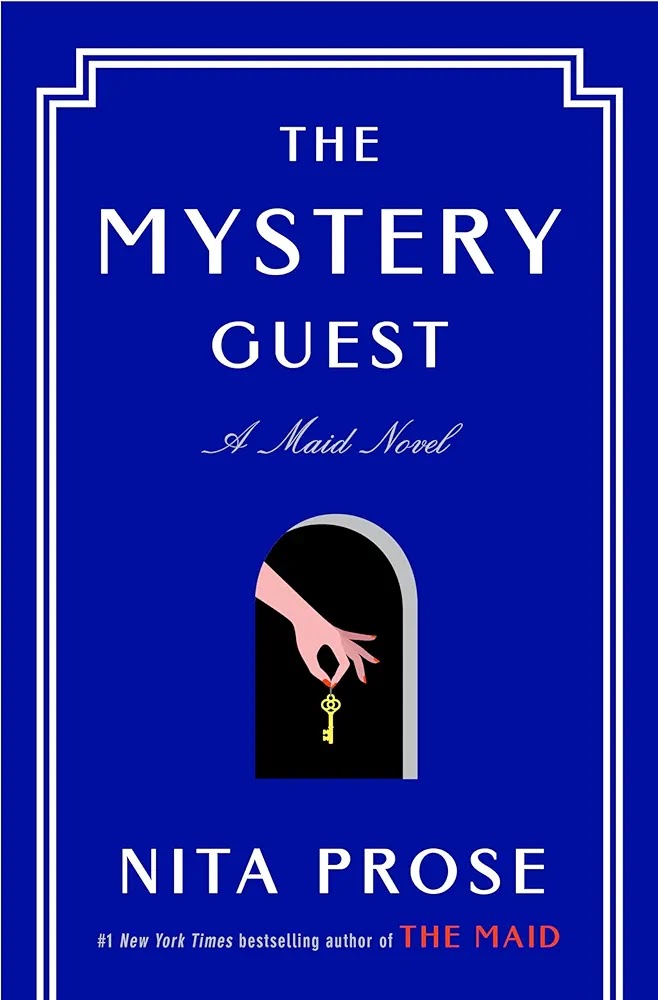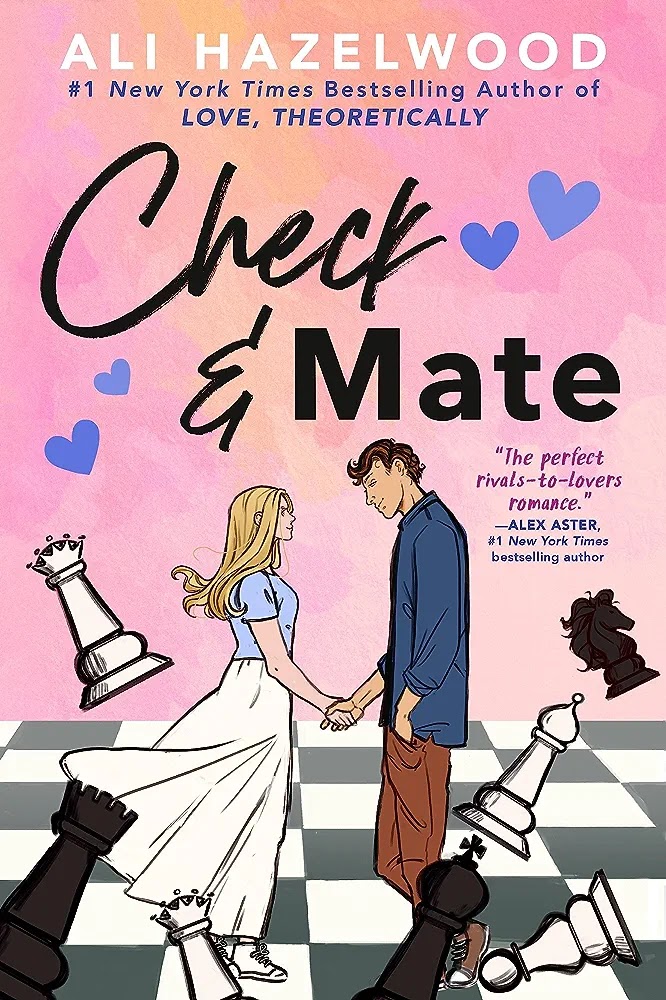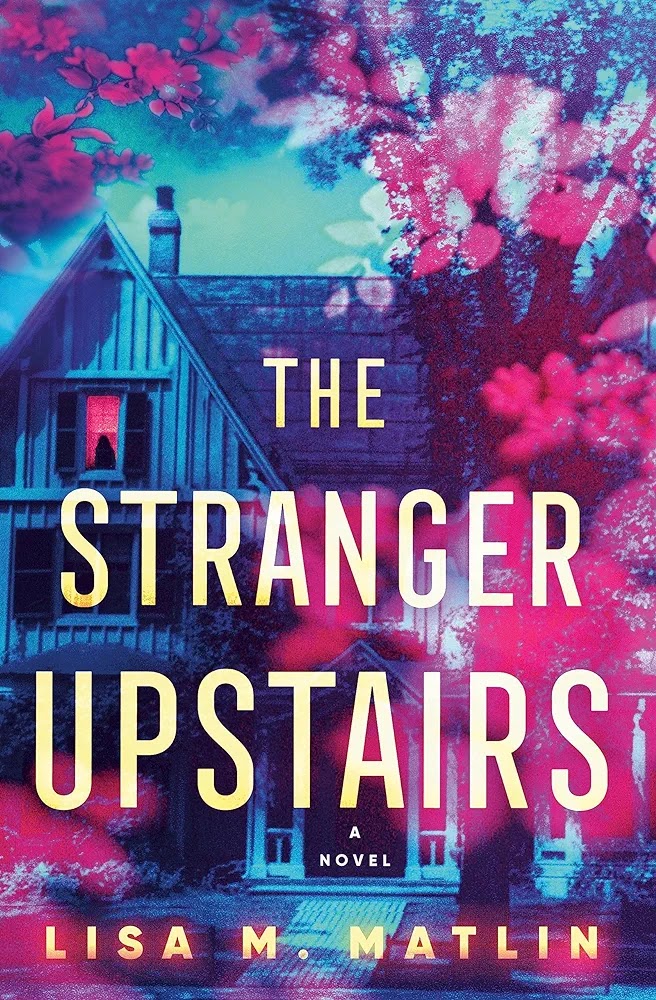Ebury Press | July 2019 | 384 pgs
Source: Purchased
If you're given the opportunity to stay at a high-end apartment and get paid for apartment sitting, even if it comes with a few ridiculous rules, would you do it? Jules Larsen, our protagonist, sees an ad for an apartment sitter and decided to apply for it. With her dire financial situation and her heart being broken by her ex-boyfriend, she decided to try her luck at the Bartholomew; one of Manhattan's oldest and high-profile buildings. Jules is enamored by the overall structure and splendor of Bartholomew, but there's something a bit off with the rules, though. Her interviewer told her there would be no visitors and no nights spent away from the apartment. And because most of the residents are rich and famous, discreet and privacy are to be expected so no disturbing and interactions with them if possible. As much as the rules are strange and absurd, Jules accepts the terms and decides to move on with her new life.
As Jules tries to settle down at the Bartholomew, a few residents caught her attention. One of them is an author whose book she had read with her older sister, Jane, during their childhood. The others are the bubbly and easy-going apartment sitter named Ingrid and a young, good-looking doctor called Nick. Despite the requests from the interviewer, Jules and Ingrid quickly become friends. Jules has to admit Ingrid reminds her a bit of Jane due to their personality. Jules misses Jane and with her disappearance eight years ago, Jules thinks she's gone like her late parents since there's absolutely no news of her.
Jules and Ingrid hit it off despite they only knew each other for two days. It is also at this time that Ingrid confides that there's something strange going on in the Bartholomew. Bartholomew is a very old building with a hundred-year-old history; it has witnessed many kinds of death. But the most famous is the pandemic flu which had taken many lives as well as the suicidal of the builder. Jules is captivated although it didn't really scare her off, until Ingrid disappears without any warnings. Knowing that she wouldn't just leave without saying goodbye, Jules begins to search for the truth, including digging into the Bartholomew's dark past. She then finds out that Ingrid isn't the only apartment sitter who's missing from the Bartholomew; and what she unravels thereafter will chill not only Jules but the reader as well.
Once again, Riley Sager has delivered a compelling and an unputdownable psychological thriller in Lock Every Door. It was a dark and atmospheric read given the Bartholomew's history; and Ingrid's disappearance and the secrecy hush within the residents added much intrigue to the story but alas, the ending wasn't what I'd expected and it was a letdown in my opinion. Nevertheless, Riley's writing and his storytelling still shine and I can't wait for his next book, Home Before Dark, to be released in July 2020.
As this is a buddy read with Lark, please do check out her review as well. Finally, here's her questions to me about this book:
1. How do you think Lock Every Door compares to Riley Sager's other novels? And which of his books do you like best?
Riley Sager's books are always so compelling and addictive. His writing style is solid and in my opinion there's never a bored moment or dragging parts in his books. His books capture your attention through the story progression as the intensity escalates and the characters developments are equally brilliant. Lock Every Door is no exception. The writing and suspense are tight and taut here; it was only the ending which disappointed me as I was expecting other directions. My favourite will be Final Girls. It was atmospheric and a true psychological thriller in every sense.
2. Several characters in this book try to justify their evil actions by saying it's for the 'greater good' or that they're doing it to save another person's life. (Like Charlie.) Do you think that a noble end goal can ever justify doing the wrong thing?
I think it depends on what the ends or goals are and what means are being used to achieve them. Generally, most people think if the goals and the means to achieve them are both good and noble, then the ends justify the means. However, from the perspective of the victim/sacrificer, it is an unfair and selfish treatment and ethically, I feel that person has the right in his own say, too. Generally, this is a difficult question to answer to, but I can definitely say the ends do not justify the means in this story.
© 2019 Melody's Reading Corner (https://mel-reading-corner.blogspot.sg/), All Rights Reserved. If you are reading this post from other site(s), please take note that this post has been stolen and is used without permission.






















I think I'm in a minority about Riley Sager, but I'm glad you and Lark enjoyed this one!
Awesome review as always, Melody! It was fun reading this one with you. :)
Jenclair - It's always fun reading with Lark. :) I'm curious what surprises Riley Sager will have for his next book.
Lark - i always enjoy our buddy reading, Lark. Even if our opinions are a bit different with this book. :)
I liked this one as well. Not perfect but, it held my interest.
Diane - Yes, it was compelling, wasn't it?